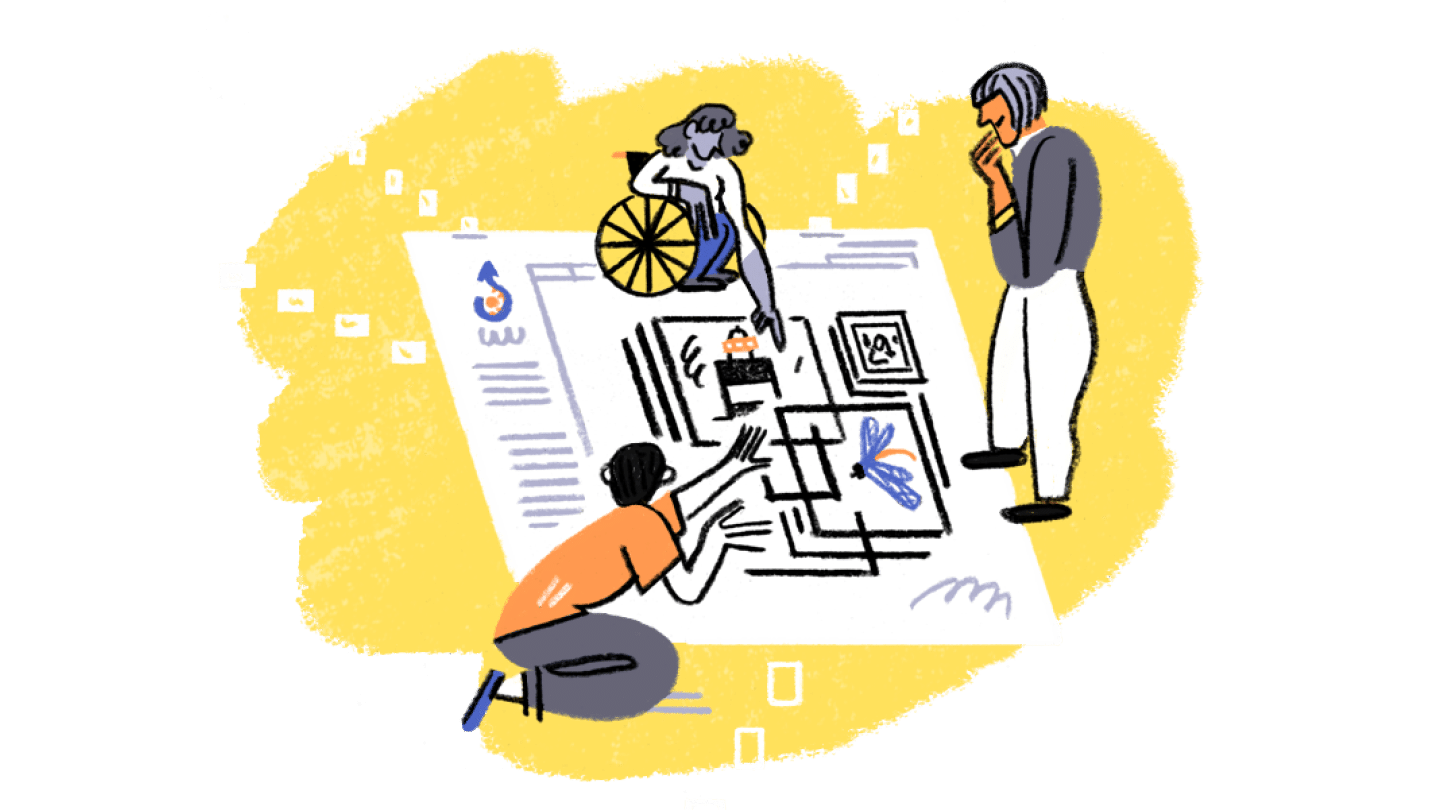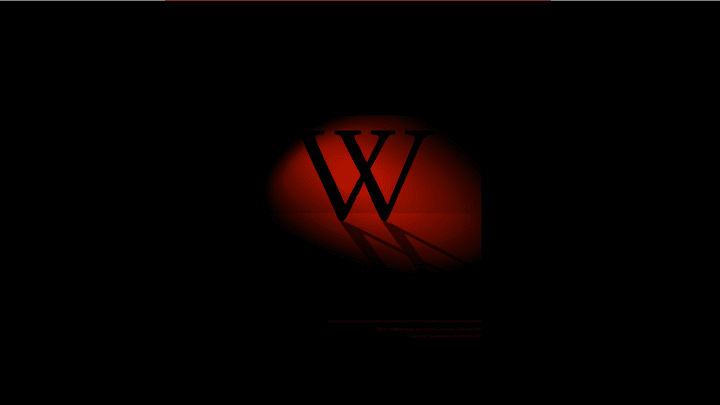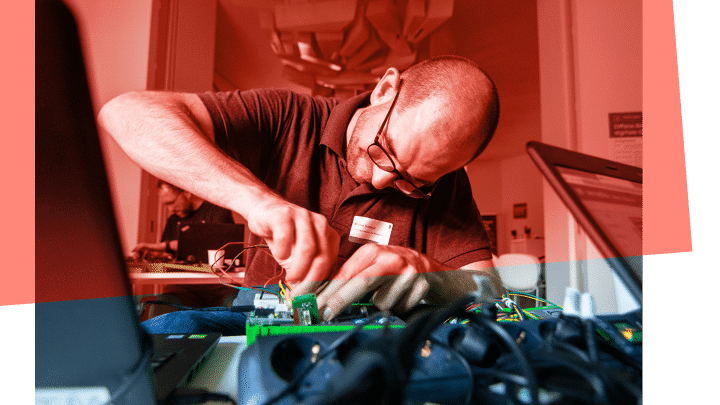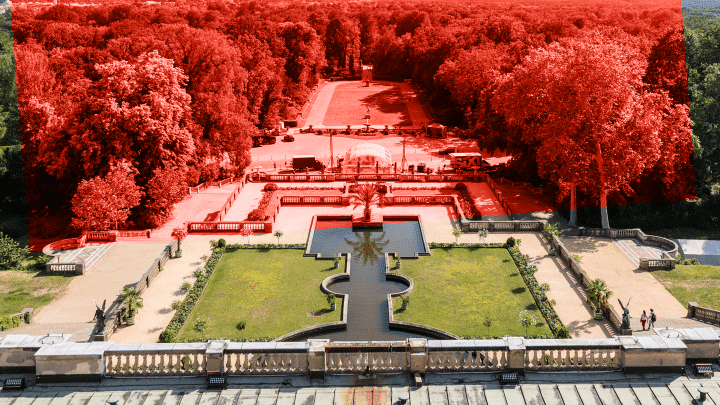23 organizations and around 5000 individuals
join us in supporting our Public Money – Public Good campaign (as of May 2020).
Educational content from public service broadcasting should be permanently available online under a free license. After all, we finance them with our broadcasting contribution. This is the core concern of the campaign ÖFFENTLICHES GELD – ÖFFENTLICHES GUT (PUBLIC MONEY – PUBLIC GOOD), in which associations such as the German Parents’ Council, the German Library Association and the Open Knowledge Foundation are involved alongside Wikimedia Deutschland. The first positive developments are already under way: the ZDF knowledge program “Terra X” has placed some clips under Creative Commons, and the young content network “Funk” of ARD and ZDF offers freely accessible videos on topics such as the greenhouse effect or the US presidential election on the “Wikitube” channel.
When teachers want to use documentaries, interviews or original sound bites from public service sources, they usually face a problem. This begins, for example, in the media libraries of ARD and ZDF. Content from them may only be streamed “for private purposes”, and it is usually not possible to download and edit it without permission. More details are regulated by the “Copyright Knowledge Society Act”. And it is not only educators who complain that publicly financed educational content is mostly not subject to creative commons.
“Our democracy is dependent on citizens thinking for themselves and separating fake from fact, which is why more comprehensible or comprehensibly prepared content must be available free of charge and permanently,” emphasizes science journalist and presenter Jean Pütz. “There are too many dubious sources on the Internet,” says Kirsten Bode, editor for history and science at the ZDF magazine “Terra X”. A cooperation between Wikimedia and the public broadcasters, on the other hand, could “help serious media to become more widespread”.
“Terra X” clips on topics such as “Climate Factor CO2” are now freely accessible online under the Creative Commons license Attribution 4.0 (CC BY 4.0). And the young content network “Funk” of ARD and ZDF, which is primarily operated via YouTube, provides contributions on the Middle East conflict, Greta Thunberg or the grand coalition under the same conditions. These are first steps that give hope for more opening.
Leonhard Dobusch, ZDF-Fernsehrat for the Internet, and Lukas Mezger, Chair of the Supervisory Board of Wikimedia Deutschland, emphasize: “If public broadcasting wants to defend its exclusive financing by all members of the community, it must make central productions accessible to all, at least as freely as possible”.
A conversation about PUBLIC MONEY – PUBLIC GOOD with
TABEA RÖßNER / MdB
What are the strengths of public service broadcasting (PSB)?
Especially in the Corona crisis, PSB has recently proven that it can provide reliable information and also put content online at short notice. In media policy, however, it is often tedious to get new things off the ground. There are a number of hurdles, especially when it comes to the question of how far PSB can open up to the Internet. The limitations are greater than they should be.
Are children and youth sufficiently considered as a target group?
The PSB should strengthen content that makes children and young people feel at home: This affects them directly.
A young generation also needs online services; they do not watch TV in a linear fashion. The question is whether PSB content should be made available on channels like YouTube or whether there is a need for a separate public service platform. One that stands for quality and serious sources, where algorithms do not quickly lead to the next conspiracy video.
Do you think it is right to put content from PSB permanently online under a free license?
This is a demand that I support. Content that we have paid for as a community of users should be permanently and freely available. However, the question of copyright cannot be ignored. If, for example, a nature filmmaker has invested a lot of money in recordings, in the current situation PSB does not have the means to fully pay for the rights to them. As soon as PSB itself acquires licenses, it becomes difficult. It would have to be better funded for this.
Where do you see positive developments?
There are positive signals with projects like TERRA X. I think it’s great that Wikimedia is sticking so closely to this topic. The debate about what PSB should achieve, what we expect from it, should not only be conducted in committees. I would like to see a social discourse about it.
Tabea Rößner is a member of the Bundestag for Bündnis 90/Die Grünen. From 1991 to 2009, she worked as an editor and author for radio, including the children’s news programme logo!
SASKIA ESKEN / MdB
Where does public service broadcasting have some catching up to do?
In many areas of the digital sector, we are not yet as far along as we could be. A podcast, for example, was long considered a media format that you try out but don’t really think it’s necessary. Now you suddenly notice how much interest there is in the fact that people are also willing to listen for an hour or more – because they can access the podcast whenever they want. You have to think further about the digital possibilities of the PSB.
Should PSB educational content be permanently available online under a free license?
I strongly believe that this should be the case. Some of the money that we have been putting into printed learning materials between book covers should be put into digital learning content. And if these are produced with public funds, they should also be accessible free of charge.
This is not in contradiction to the fact that the creation of this content must be financially secured. But if the money then has to be recouped through fees, there is obviously something wrong with the model.
Why are we lagging behind in the area of digital educational provision?
Many players have probably long believed that the Internet would soon disappear again. Now many educators are dealing with learners who are digital natives. Teachers’ competence development has been neglected for far too long – and the pressure for change has been lacking. We can feel that pressure now.
Do you think that Wikimedia’s campaigns have enough visibility?
Wikimedia has a good chance of exerting pressure simply because of the number of users. The offers are used in abundance, nobody can do without Wikipedia. It is perhaps not so well known that behind it is an organization that runs many other interesting projects. But the pop-ups that appear on Wikipedia, for example, are a good way to attract attention.
Saskia Esken (SPD) is a member of the Bundestag and since December 2019 she has been the national leader of her party, together with Norbert Walter-Borjans.
Unsere Demokratie ist darauf angewiesen, dass Bürger mitdenken und Fake von Fakt trennen, deswegen müssten mehr verständliche oder verständlich aufbereite Inhalte kostenlos und dauerhaft zur Verfügung stehen. Wissenschaft darf niemals nur Herrschaftswissen werden.
Jean Pütz, science journalist and television presenter
There are too many dubious sources on the Internet that spread misinformation. That’s why it’s becoming more and more important to fight against them. A cooperation between Wikimedia and the public service broadcasters can help serious media to spread more.
Kirsten Bode, Chief Editor History & Science Editorial Office Terra X, ZDF
The contributors pay for the production of all content by public service broadcasters. It is a downright bizarre practice to grant them access to this content only on selected routes or at specific times.
Mario Sixtus, filmmaker, scriptwriter, journalist




